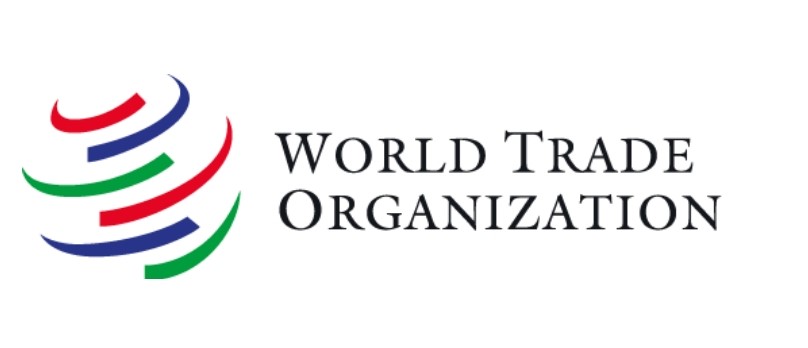At a meeting of the WTO Council for Trade in Goods (CTG) on 2-3 December, delegations addressed 35 specific trade concerns raised by members, including three new trade concerns. Members also held informal discussions on possible improvements to existing procedures for reviewing trade concerns and agreed to send to the General Council a waiver extension of the Kimberley Process Certification Scheme relating to trade in rough diamonds.
Trade concerns
The CTG reviewed 35 specific trade concerns (STCs), three of which were raised at the Council for the first time. The new trade concerns were:
• India – Measures that may have Unintended Results Equivalent to Quantitative Restrictions on the Import of Copper, Wooden Boards and Tyres
• India – Quality Control Order (2023)
• Canada – New Tariffs on Certain Goods from China
The 32 previously raised trade concerns cover a wide range of measures, including non-tariff barriers, environmental policies, import/export restrictions, national security, halal certification, subsidy schemes, export controls, sanitary and phytosanitary (SPS) measures, discriminatory domestic taxes, administrative procedures, and trade disruptive and restrictive measures.
They also encompass a wide range of sectors, including agriculture, information technology, and forestry and food products, as well as specific products, such as electric vehicles, electric batteries, liquors, air conditioners, apples and pears, cheese, pulses, cosmetics and tyres.
The Chair, Ambassador Clare Kelly (New Zealand), reminded delegations that the annex to the Annotated Agenda of the meeting contained links and cross references to discussions in other bodies, most of which were provided by the members requesting the inclusion of the agenda items and complemented by the WTO Secretariat. Where available, direct links to the trade concerns database were also provided.
The full agenda of the meeting is available here.
Future work of the Goods Council
Since July, the CTG has been discussing possible steps to improve its future work, including informal meetings held on 20 September and 2 December. At the formal meeting, the Chair of the CTG reported on an informal meeting of the CTG which focused on possible ways to improve trade concern discussions. WTO members raise trade concerns at the CTG and other WTO committees to bring attention to other members’ measures which they consider to be affecting their trade in goods and to try to find solutions to these trade issues. For more on trade concerns, please visit WTO Trade Concerns.
The Chair noted that all members who took the floor shared the underlying notion that the work of the CTG in the area of trade concerns was extremely important and could be improved or streamlined. Suggestions were made in three areas. The first concerned actions that members could or should take by themselves, including the need for a “cultural reset,” particularly regarding the level of participation in the CTG. The second area covered possible actions for the CTG to take, one prominent suggestion being finding a way to capture the trade concerns where there has been a positive resolution as well as the idea of incorporating bilateral meetings into the CTG proceedings, as is currently done in other bodies. The third area involved possible actions by the Chair.
The Chair said that, since the positive discussions had placed so many issues on the table, she would ask the WTO Secretariat to organise another informal meeting in February or March next year, with a view to exploring whether common ground could be found on at least some of these ideas.
For more information, please see here.

